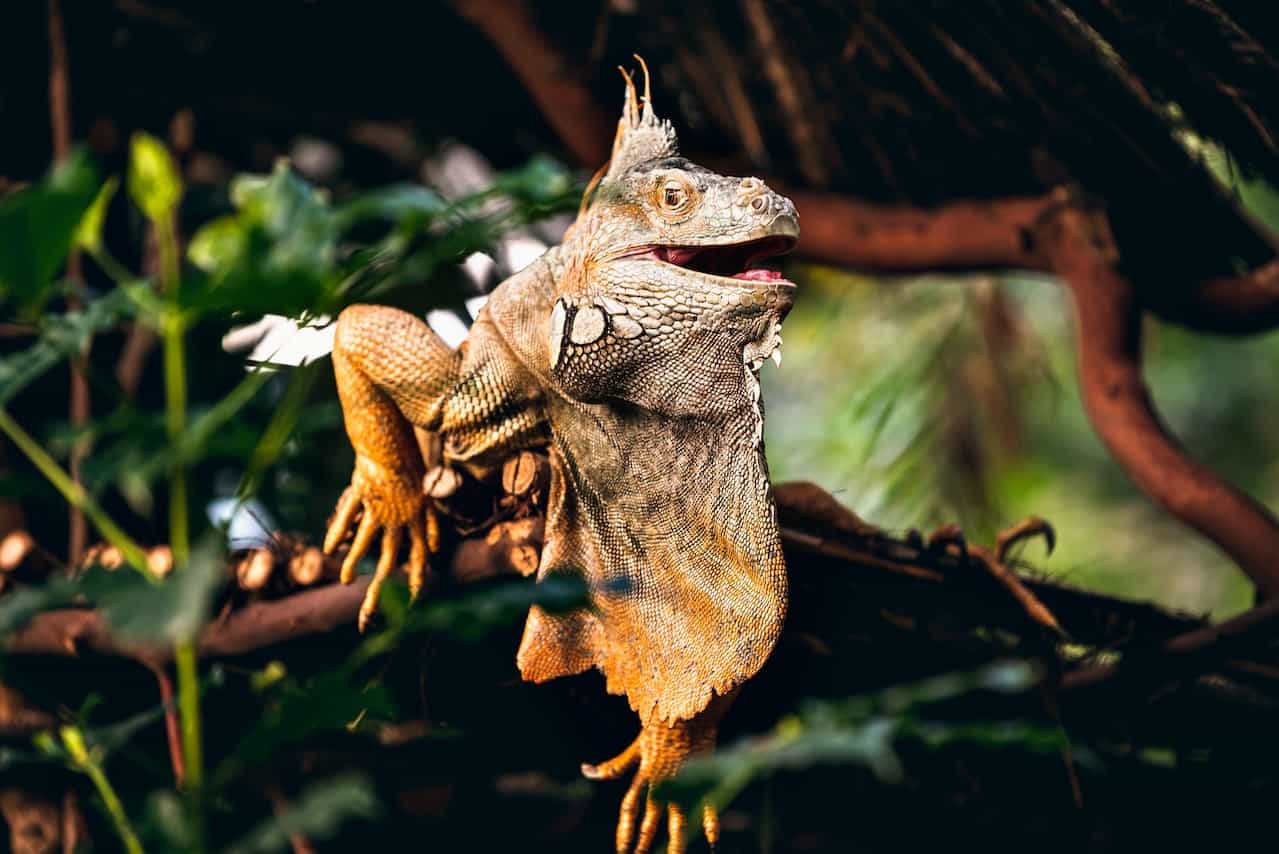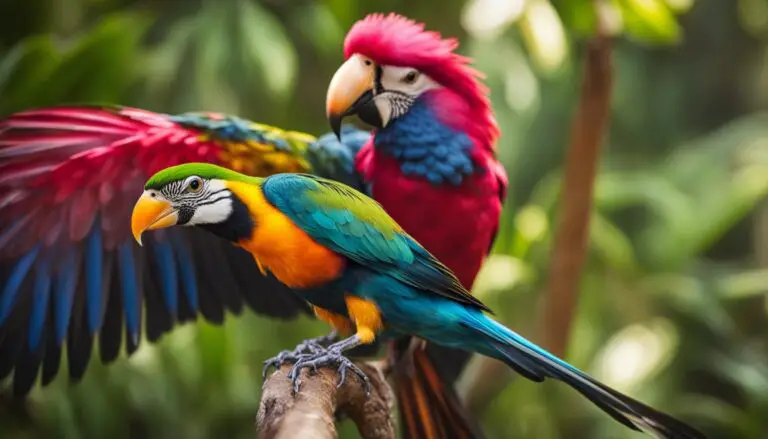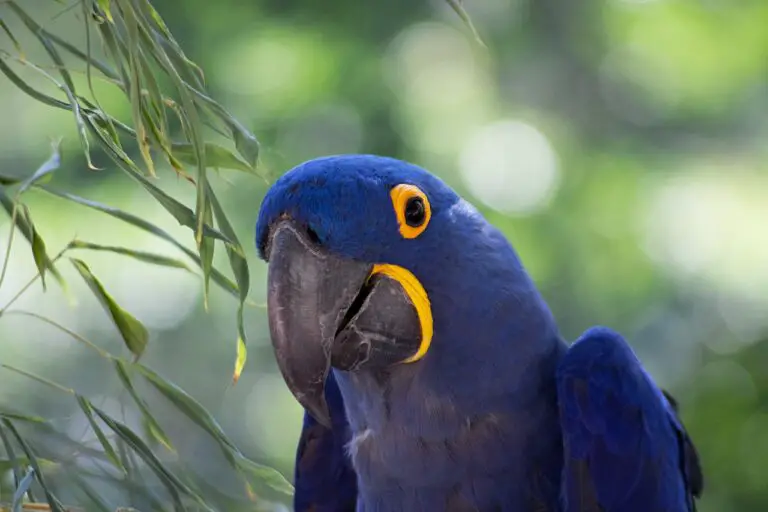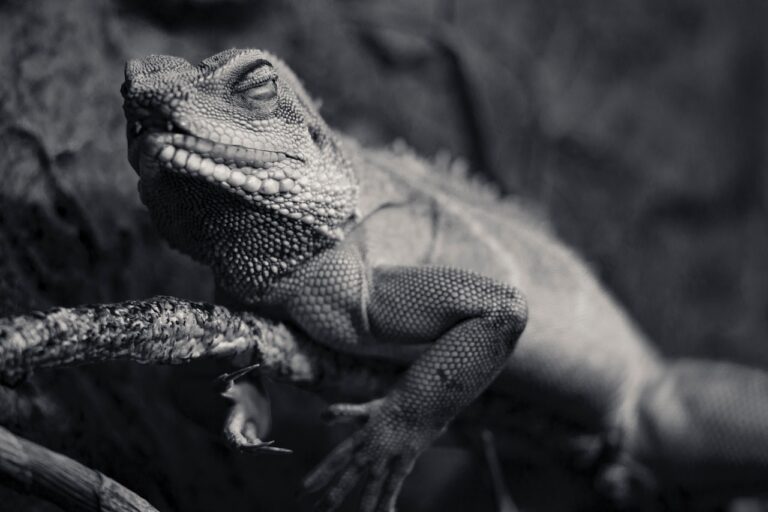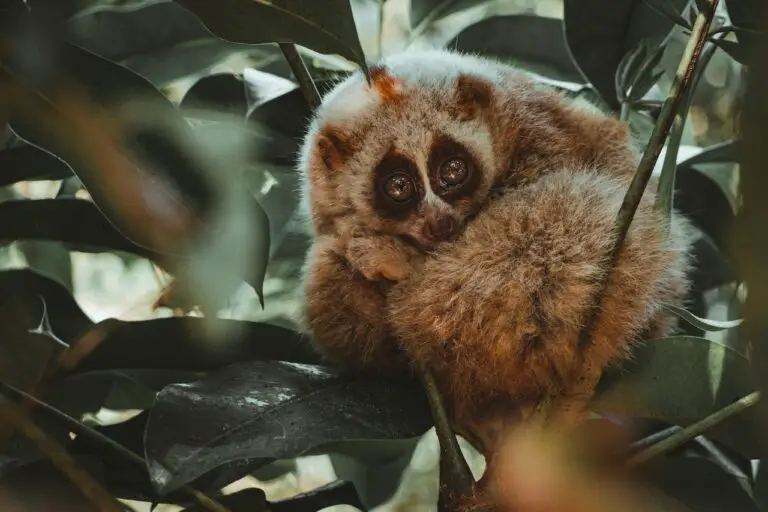What You Need to Know Before Getting an Exotic Pet
As animal lovers, many people find the idea of having an exotic pet thrilling.
After all, who wouldn’t want to have a unique and exotic animal as a companion?
While the idea of owning an exotic pet may seem exciting, it’s essential to know what you’re getting into before bringing one into your home.
In this article, we’ll explore what you need to know before getting an exotic pet.
Key takeaways:
- Owning an exotic pet can be a rewarding experience, but it’s important to consider the legalities, cost of ownership, time commitment, specialized knowledge and equipment, health risks, ethical considerations, finding a reputable breeder, bonding with your exotic pet, safety precautions, planning for emergencies, potential impacts on your lifestyle, and alternatives to exotic pets before making a decision.
- Research local laws and regulations before bringing an exotic pet home.
- The cost of owning an exotic pet can vary significantly depending on the species and the equipment and supplies needed to care for it properly.
- Exotic pets can be dangerous if not handled properly, so it’s important to take the necessary safety precautions when handling them.
- Consider the animal’s welfare and ethical considerations before deciding to own an exotic pet.
- Alternatives to owning an exotic pet include volunteering at a local animal sanctuary or adopting a more common pet, such as a dog or cat, from a local shelter.
What Are Exotic Pets?
Exotic pets are animals that aren’t commonly kept as pets.
They include animals such as snakes, lizards, birds, monkeys, and even big cats like tigers and lions.
Exotic pets can be challenging to care for, and some require specialized knowledge and equipment to keep them healthy and happy.
Legal Considerations
Before getting an exotic pet, it’s essential to research the legal considerations in your area.
It’s okay to own an exotic pet in most places, but I’d still recommend double-checking with your local authorities just in case.
In some states, it’s illegal to own certain types of exotic pets, and in others, you may need a permit or license to keep one.
Make sure to research your state’s laws and regulations before bringing an exotic pet home.
Cost of Ownership
The cost of owning an exotic pet can vary significantly depending on the animal’s species and the equipment and supplies needed to care for it properly.
Before getting an exotic pet, it’s essential to consider the cost of ownership.
This includes the cost of food, housing, veterinary care, and any necessary permits or licenses.
Time Commitment
Owning an exotic pet can be a significant time commitment.
Many exotic pets require daily attention and care, including feeding, cleaning, and exercise.
Before getting an exotic pet, consider whether you have the time to dedicate to caring for the animal properly.
Specialized Knowledge and Equipment
Many exotic pets require specialized knowledge and equipment to keep them healthy and happy.
For example, some reptiles require specific temperature and humidity levels, and some birds require a specific diet to thrive.
Before getting an exotic pet, make sure you have the knowledge and equipment necessary to provide for the animal’s needs.
Health Risks
Exotic pets can pose health risks to their owners.
Some animals can carry diseases that can be transmitted to humans, and some exotic pets, such as venomous snakes, can be dangerous if mishandled.
Before getting an exotic pet, it’s essential to research the potential health risks and take necessary precautions to protect yourself and others.
Ethical Considerations
When considering getting an exotic pet, it’s important to think about the animal’s welfare.
Many exotic pets are taken from the wild, which can have a negative impact on the species’ population.
Additionally, some exotic pets, such as primates and big cats, are not meant to be kept in captivity and may suffer from stress and other health issues.
Before getting an exotic pet, consider whether it’s ethical to keep the animal in captivity.
Finding a Reputable Breeder
If you’ve decided to get an exotic pet, it’s essential to find a reputable breeder.
A good breeder will ensure that the animal is healthy and has been raised in a safe and comfortable environment.
Avoid buying exotic pets from pet stores, as many pet store animals come from commercial breeding facilities, which often prioritize profit over animal welfare.
Bonding with Your Exotic Pet
Bonding with an exotic pet can be a rewarding experience.
However, it’s important to remember that exotic pets may not have the same socialization needs as more common pets, such as dogs and cats.
Before getting an exotic pet, research the animal’s behavior and socialization needs to ensure that you can bond with the animal properly.
Safety Precautions
Exotic pets can be dangerous if not handled properly.
Before bringing an exotic pet home, it’s crucial to take the necessary safety precautions.
Make sure that you have the appropriate equipment, such as gloves and tongs, to handle the animal safely.
If you’re not comfortable handling the animal, consider hiring a professional to assist you.
Planning for Emergencies
It’s essential to have a plan in place for emergencies when owning an exotic pet.
Don’t forget to have a list of emergency contacts, including a veterinarian who specializes in exotic animals.
Additionally, consider purchasing pet insurance to help cover the cost of unexpected veterinary bills.
Potential Impacts on Your Lifestyle
Owning an exotic pet can impact your lifestyle significantly.
For example, some exotic pets, such as birds and primates, can be noisy and may not be suitable for apartment living.
Additionally, some exotic pets may require frequent travel, which can be challenging if you don’t have a reliable pet sitter.
Alternatives to Exotic Pets
If you’re not sure whether an exotic pet is right for you, there are plenty of alternatives to consider.
For example, you could volunteer at a local animal sanctuary or donate to a conservation organization.
Alternatively, you could adopt a more common pet, such as a dog or cat, from a local shelter.
Conclusion
Owning an exotic pet can be a rewarding experience, but it’s essential to know what you’re getting into before bringing one into your home.
Consider the legal considerations, cost of ownership, time commitment, specialized knowledge and equipment, health risks, ethical considerations, finding a reputable breeder, bonding with your exotic pet, safety precautions, planning for emergencies, potential impacts on your lifestyle, and alternatives to exotic pets.
By doing your research and making an informed decision, you can provide a safe and comfortable home for your exotic pet.
FAQs
Is it legal to own an exotic pet?
The legalities of owning an exotic pet vary by state and even by city.
Make sure to research your local laws and regulations before bringing an exotic pet home.
How much does it cost to own an exotic pet?
The cost of owning an exotic pet can vary significantly depending on the animal’s species and the equipment and supplies needed to care for it properly.
Don’t forget to consider the cost of ownership before getting an exotic pet.
Can exotic pets be dangerous?
Exotic pets can be dangerous if not handled properly.
Make sure to take the necessary safety precautions when handling an exotic pet.
Is it ethical to own an exotic pet?
When considering owning an exotic pet, it’s important to think about the animal’s welfare.
Make sure to research the ethical considerations before making a decision.
What are some alternatives to owning an exotic pet?
If you’re not sure whether an exotic pet is right for you, there are plenty of alternatives to consider, such as volunteering at a local animal sanctuary or adopting a more common pet, such as a dog or cat, from a local shelter.
Peter Stones is the founder of Exotic Pets Place, the leading online resource for exotic pet care information.
With over 10 years of hands-on exotic pet ownership experience, he is deeply passionate about sharing his expertise to help others properly care for their unusual pets.
When he's not writing extensively researched articles or connecting with fellow exotic pet enthusiasts worldwide, you can find Peter at home tending to his own beloved menagerie of exotic animals.

